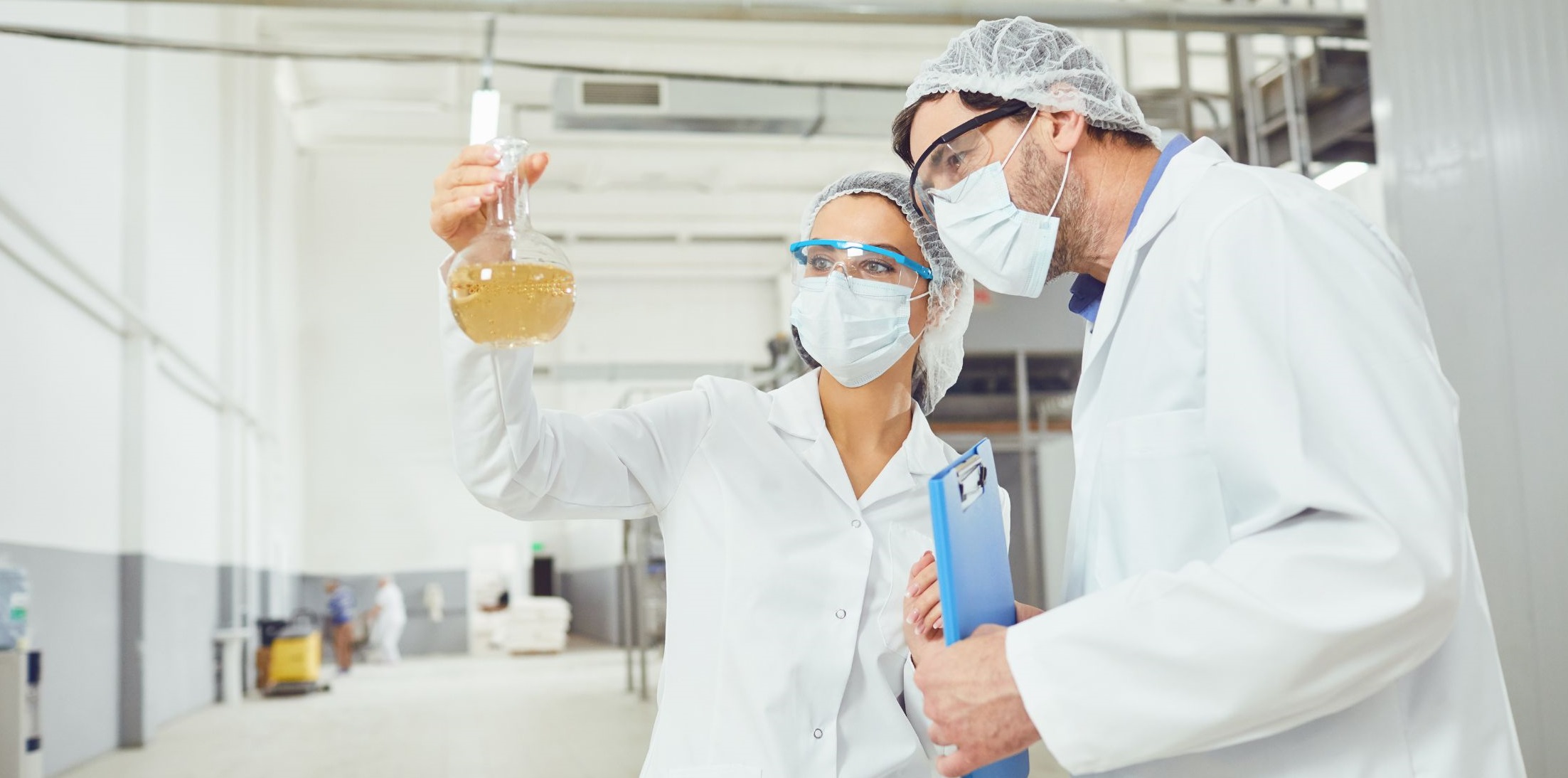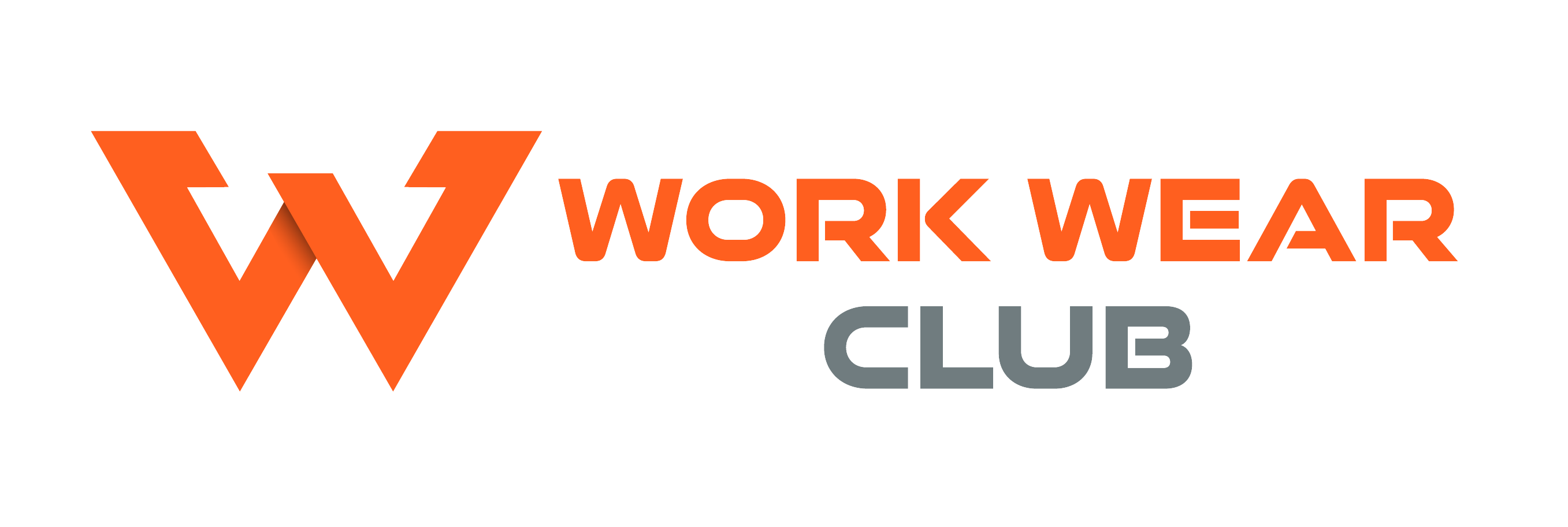The Worth of Food and Lab Coats
27th Aug 2024
Keeping things clean, hygienic, and safe is crucial in a number of sectors, including pharmaceuticals, healthcare, and food processing. The use of lab coats and food coats is essential to maintaining these standards. These specialised clothes are meant to shield, shield from contamination, and encourage proper hygiene habits. We will discuss the value of lab and food coats and how they help to maintain quality and safety in this blog post.

Keeping things clean, hygienic, and safe is crucial in a number of sectors, including pharmaceuticals, healthcare, and food processing. The use of lab coats and food coats is essential to maintaining these standards. These specialised clothes are meant to shield, shield from contamination, and encourage proper hygiene habits. We will discuss the value of lab and food coats and how they help to maintain quality and safety in this blog post.
Keeping things tidy and hygienic
Professionals working in research labs, hospitals, and other scientific settings frequently don lab coats. Conversely, food coats are made especially for people who work in the food industry. By serving as a physical barrier, these coats stop substances, surfaces, and environments from becoming contaminated with one another.
Generally, food coats and lab coats are composed of materials that are easily washable and long-lasting. It's imperative to regularly wash and sanitise these coats in order to get rid of any possible pollutants, bacteria, or chemical residues. Professionals maintain high standards of cleanliness and hygiene by minimising the possibility of bringing foreign substances into their work environment by wearing clean coats on a regular basis.
Avoiding the Spread of Contamination
Food and lab coats are essential for avoiding cross-contamination. Researchers may come into contact with a variety of materials, chemicals, or microorganisms in a lab setting that must be kept contained. By preventing the transportation of dangerous materials outside of the approved area, a properly worn lab coat serves as a protective barrier and reduces the possibility of unintentional exposure to dangerous substances.
Comparably, food coats in the food industry are made to stop pollutants from clothing from getting into food items. Food handlers can reduce the risk of introducing allergens, pathogens, or foreign particles into the food processing environment by wearing specialised food coats, which ultimately ensures the quality and safety of the food products produced.
Safety measures
Professionals working in research labs or healthcare settings can feel extra safe with lab coats on. These coats provide defence against unintentional splashes, spills, and exposure to dangerous materials. By serving as a barrier, they lessen the likelihood that the wearer's skin and clothing will come into contact with chemicals, biological agents, or other potentially dangerous materials.
Food coats are frequently made to withstand specific risks in the food industry, like heat, flames, or liquids. This guarantees that employees are shielded from burns, scalds, and other mishaps that might happen when preparing or cooking food.
Discreet demeanour and identification
Food and lab coats are also used as outward symbols of professionalism and knowledge. Lab coats provide a standardised appearance in scientific, medical, and research settings that helps differentiate professionals from guests or other individuals in the facility. Making this distinction is crucial to preserving control over the environment and guaranteeing that only people with the proper authorisation are in sensitive areas.
Food coats in the food industry can be personalised with company logos or emblems, or they can be colour-coded. Consumers and regulatory bodies can identify authorised personnel in charge of food handling and safety with the aid of these visual identifiers. Companies can inspire trust and confidence in their customers about the quality and safety of their products by keeping a professional appearance.

 British Pounds
British Pounds
 Australian Dollar
Australian Dollar
 Canadian Dollar
Canadian Dollar
 Euro
Euro
 US Dollar
US Dollar
 FREE UK DELIVERY ON ALL ORDERS OVER £75
FREE UK DELIVERY ON ALL ORDERS OVER £75




